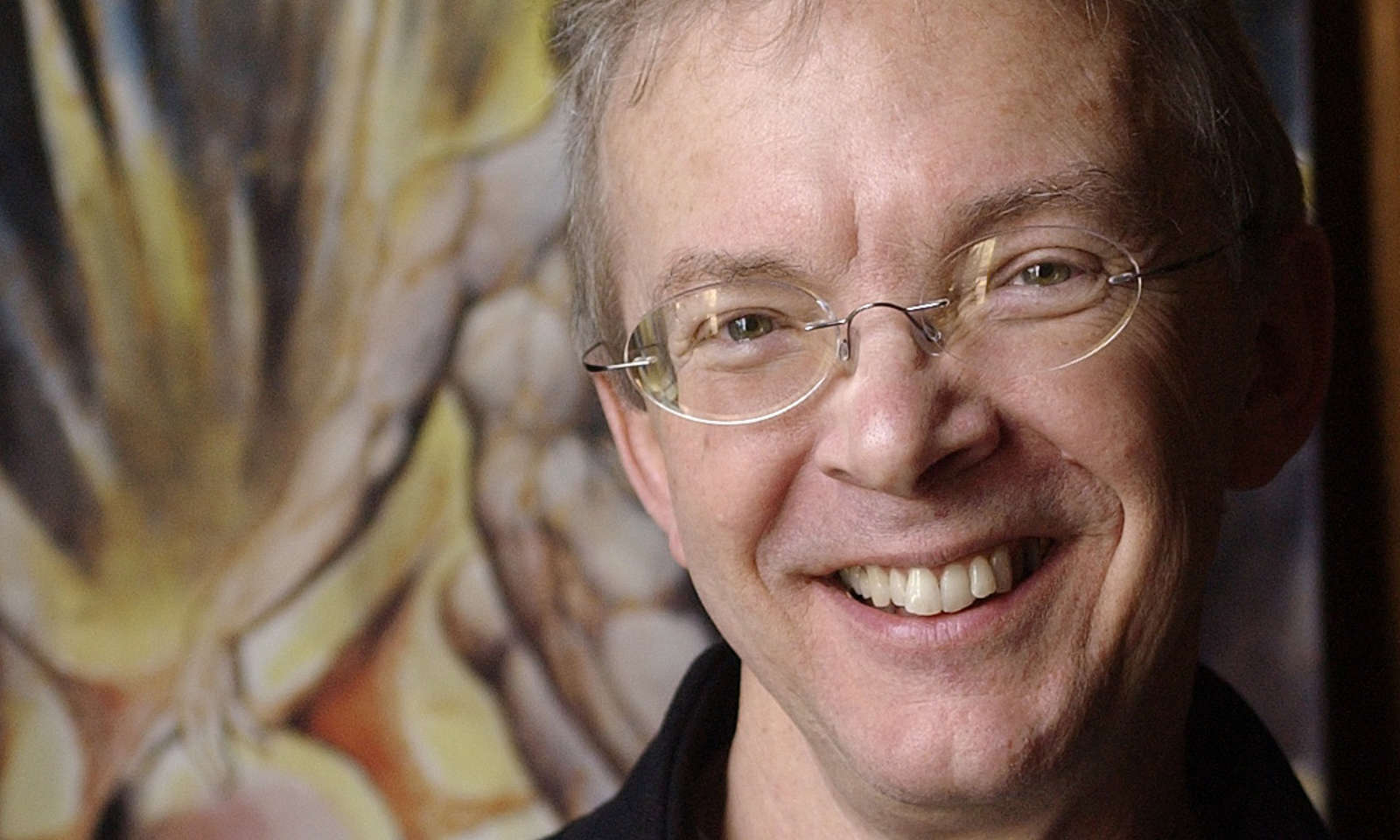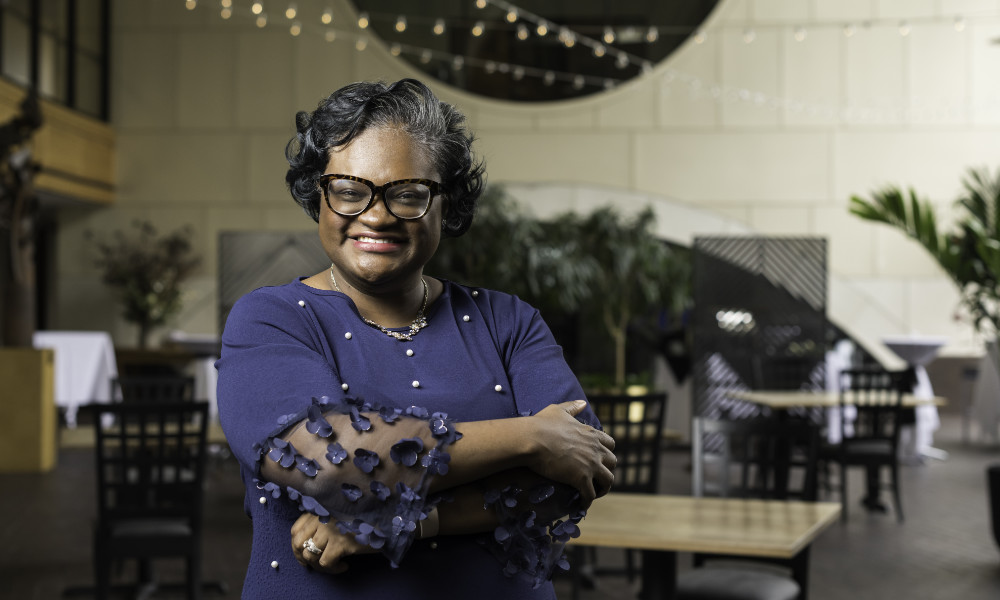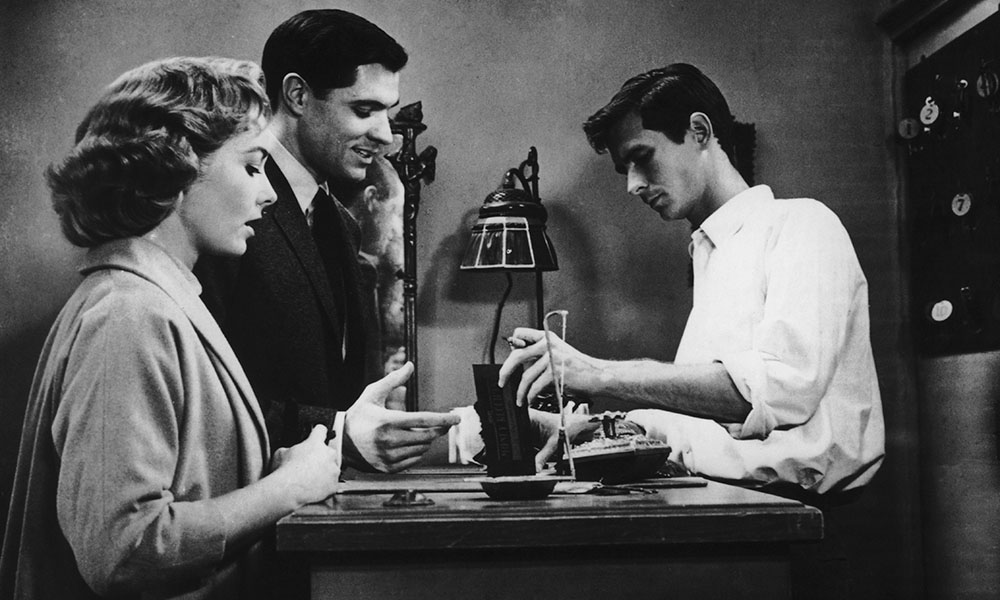When the Edmund A. Hajim Science and Engineering Quad is dedicated at 11:30 a.m. Friday as part of Meliora Weekend, the festivities afterwards will include music by Don’t Know Jack, a band that includes among its members Rob Clark, the former Hajim School dean, now provost and senior vice president for research.
Clark will play guitar and banjo alongside lead singer and guitarist Jack Baron (a 1983 University graduate who is president and CEO of Sweetwater Energy), James Warner (President of Integrated Facilities Solutions) on bass, Cherith Meeks (Associate Director of Advancement for the Hajim School) on vocals and keyboard, and Jason Furiuso (University maintenance mechanic) on drums.
Clark, who has long been interested in the intersection of engineering, science, and the arts, learned to play the banjo by ear, while growing up in Virginia.
I started playing music when I was nine or ten years old.
We lived in the mountains of Virginia, so there wasn’t a lot available in terms of musical training. My dad loved bluegrass and he always loved the banjo, so he asked, ‘If we got you a banjo, would you try to learn to play?’ I said ‘Yeah, I guess.’ There was a guy in town who was talented on multiple instruments. He didn’t read music, and had no formal training, but said he would try to teach me. So I went once a week, for half an hour at a time. He would show me how he played a song. I would listen and watch, and then go home and try to replicate the song. I had no CDs, no albums, nothing to listen to. It was all watching and listening and then going back home and doing it. I did that for a few years, and surprise, I actually learned how to play banjo. Even now, I don’t read music. It’s all by ear.
So I started with a Belmont Bacon that my dad bought, which was not overly expensive. But once I learned to play, my father took me to a fellow who, I believe, had worked for Gibson and had built instruments for a couple of the good bluegrass musicians in the area. He had Gibson master tone rings. I picked the wood, finish, and mother of pearl inlay for my next banjo. It was custom built. My dad paid $850 for it, which, in the 1970s, was a whole lot of money.
I don’t know what it would cost today. For me the banjo is pretty much priceless because of what my parents sacrificed to buy it for me. I have multiple guitars but I have only one banjo.
When I started playing bluegrass, I would watch the guitarists. I could watch their hands and know which chords they were playing. After a period of time I just visually learned all the chords for the music we played. So, one day I picked up a guitar and, sure enough, I could play it.
My PhD in acoustics was driven by the fact that I always thought sound was fascinating, in terms of its harshness as a noise but also the way it can inspire people through music. It’s something you can’t see, but basically is deeply connected to people through their senses.
There are mathematical representations in music and pattern recognition. There’s a lot of overlap between that and what you do with mathematics as an engineer. The intersection between math, engineering and science – and music — are all interesting.
About 2 years ago, Jack Baron invited me to play as a featured guest with his band. I hadn’t touched an instrument in 10 years. So I really had to practice with my banjo. I had also taken some lessons on finger-style picking for the blues years ago, so there were a few songs I could play on guitar as well. I did a guest set, and started playing at Jack’s studio. When Jack restructured the band, I became a member.
We play in public, on average, about once every two months. We practice once a week if we can get everybody together, though our schedules do present some complexities. I would say on average we practice three weeks out of four in any given month. On my own I pretty much play half an hour to an hour every day and it’s usually right before I go to bed. I find it’s a relaxing way to end the day – and it helps clear my head.
Don’t Know Jack (the band’s name) is a play on words I suggested, one, because of Jack’s studio and the fact he brought us together, and, two, because sometimes we come in and play bluegrass, and sometimes rock, and sometimes modern country. In other words, we’re kind of confused. You don’t know what we’re going to do from one set to the next, from one gig to the next. At any given gig, you likely ‘won’t know jack,’ and since Jack’s name also falls in there, it could be seen either way.
So what you’re going to hear on Meliora Weekend is going to be a pretty good representation of Don’t Know Jack.
We’ll start with some classic rock and kind of work our way into modern country. It’s interesting that what you see today in modern country isn’t too far away from classic rock anyway. We’ll close out with a couple of country songs that lead into a couple of traditional bluegrass instrumentals.
It’s interesting to me, and maybe its because we’re in upstate New York, but when we play a gig locally, anytime I pull my banjo out, people respond. Everybody smiles. So we’ve made that something we usually do at end of each gig – just to finish on a highlight. After all, I don’t play music for a living; I play music to live. It’s fun to share that with others.



